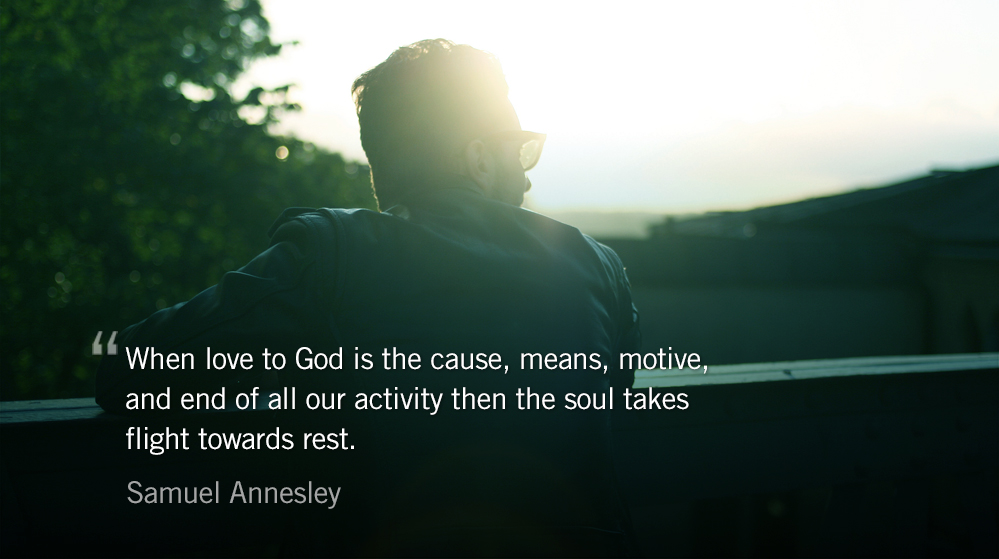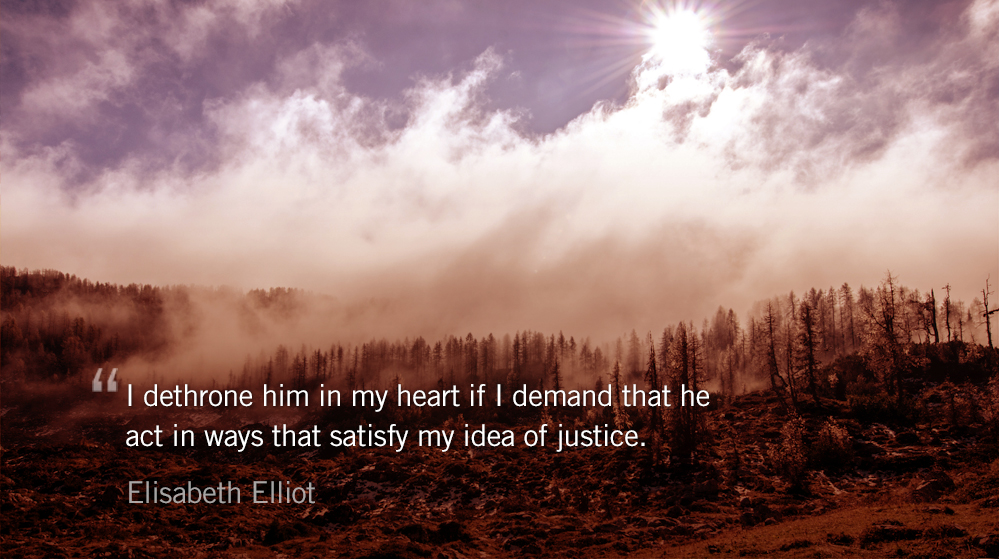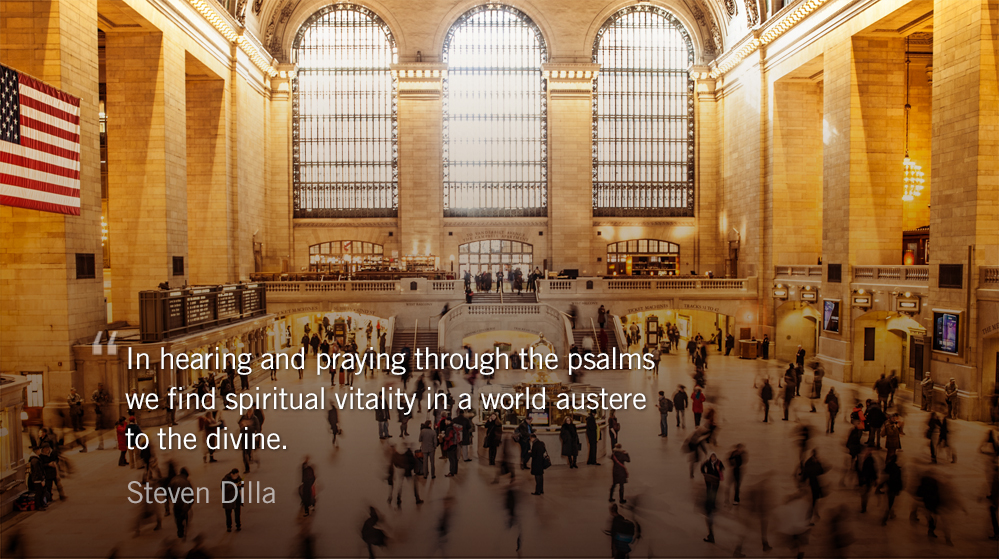Readers’ Choice (originally published June 16, 2015)
“I love lists. This list has more important stuff in it than any of mine do. Sabbath rest, rest from the hamster wheel, rest from the rest of life…we all need it but few of us even realize that it’s the missing piece in our busyness.” — Sam
Be not silent, O God of my praise! .. I give myself to prayer.
How Can We Find Spiritual Rest? | by Samuel Annesley (c. 1620–1696)
How can we live with a conscience that is pacified by the blood of Christ? Christians, be persuaded to practice these:
1. Take heed of every sin, count no sin small.
2. Set upon the healing duty of repentance.
3. Compose thyself to live as under God. You cannot deceive him, for he is Infinite Wisdom; you cannot fly from him, for he is everywhere; you cannot bribe him, for he is Righteousness itself.
4. Be serious and frequent in the examination of your heart and life. This is so necessary to the getting and keeping of a right and peaceable conscience, that it is impossible to have either without it.
5. Be much in prayer, in all manner of prayer, but especially in private prayer.
6. Let your whole life be a preparation for heaven. Strip yourself of all encumbrances, that thou mayest attend unto piety. Pleasures may tickle you for a while; but they have an heart-aching farewell. You may call your riches good; but within a few days, what good will they do you? Men may flatter you for your greatness; but with God your account will be the greater.
7. Live more upon Christ than upon inherent grace. Do not venture upon sin because Christ hath purchased a pardon; that is a most horrible and impious abuse of Christ.
8. Be, every way, nothing in your own eyes. It is the humble soul that thrives exceedingly. “And, alas! what have we to be proud of?
9. Entertain good thoughts of God. We never arrive to any considerable holiness or peace till we lose ourselves in Deity;
10. Do all you do out of love to God. Spiritual love-sickness is the soul’s most healthy constitution. When love to God is the cause, means, motive, and end of all our activity then the soul takes flight towards rest.
O my soul, you are so little, why won’t you open all your little doors; why wont you extend your utmost capacity, that you mayest be wholly possessed, wholly satiated, wholly ravished with the sweetness of so great love?
O, therefore, my most loving God, I beseech thee, tell me what may most effectually draw out my love to thee, considering what prevention of love, what privative, positive good things I receive from thee, infinite in greatness, infinite in multitude!
*Today’s devotional is abridged from, “How May We Be Universally and Exactly Conscientious?”
Daily Reading
1 Samuel 3 (Listen – 3:03)
Romans 3 (Listen – 4:30)




